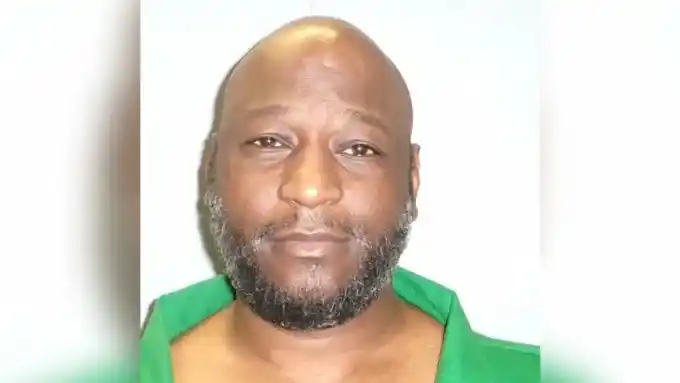CurrentReport Blog Freddie Owens, a South Carolina death row inmate, was executed on Friday, marking the state’s first lethal injection in nearly a decade. Owens, convicted of the 1997 murder of Greenville store clerk Crystal Graves, was sentenced to death in 1999.
The execution took place after South Carolina reinstated access to necessary drugs, following years of legal and logistical hurdles. Owens was administered a lethal dose of pentobarbital, a drug typically used in pet euthanasia. This process was conducted under a law passed in 2023 that protects the identities of those involved in the state’s executions.
Controversy Surrounds Owens’ Case
Owens’ execution has been the subject of controversy. His co-defendant, Steven Golden, recently claimed that Owens was not present during the crime, sparking last-minute legal motions aimed at halting the execution. These motions, filed as recently as September 5, were denied by the South Carolina Supreme Court.
Owens’ attorney, Gerald King, condemned the execution, maintaining his client’s innocence and pointing to childhood hardships and hidden evidence that may have impacted the case. King described the execution as a “tragedy.”
National Debate on Capital Punishment
Owens’ execution adds to the broader national debate on the ethics of capital punishment. In 2024, 14 inmates have been executed in the U.S., with nearly all receiving lethal injections. His case, particularly the allegations of withheld evidence and questions about his involvement, raises ethical concerns about the fairness of the death penalty system.
The family of Crystal Graves was present at the execution, which occurred at 6:35 p.m. ET.












